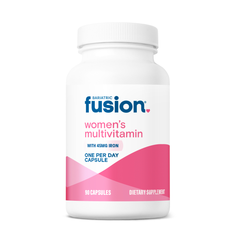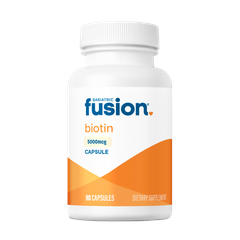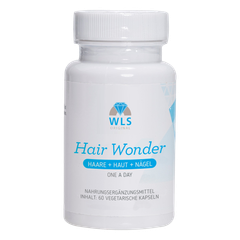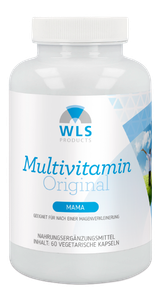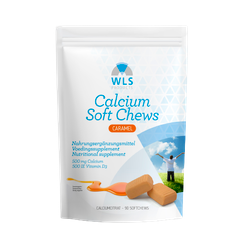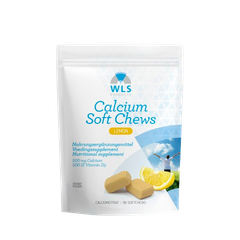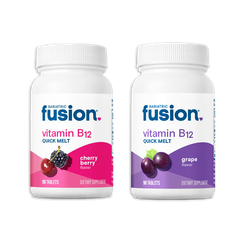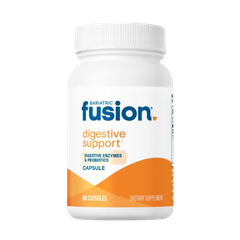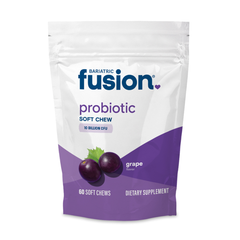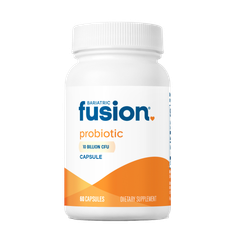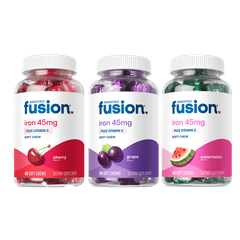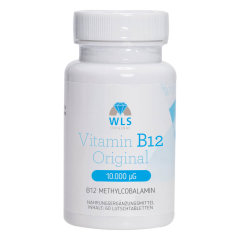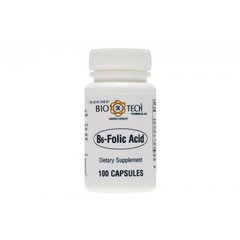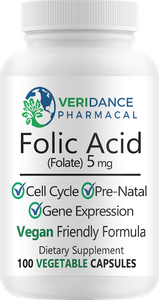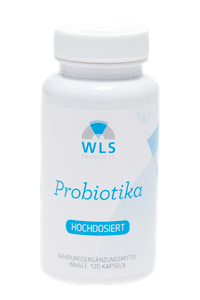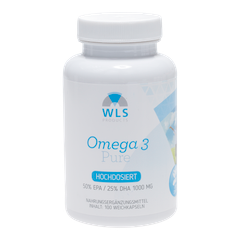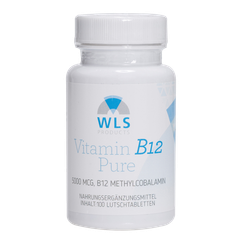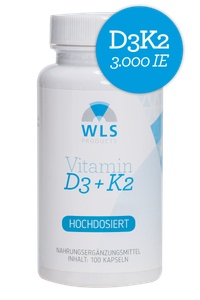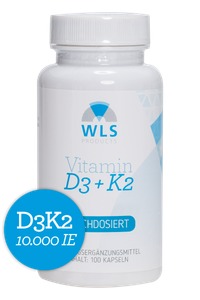Women's Health
- Beratung durch Erfahrungs- und Orthomolekularexperten
- Seit Jahr 2005 für Sie da
- Mengenrabatt von bis zu 15% in Ihrem Warenkorb
- Hochdosiert und Hochqualitativ
Women’s dietary and nutritional needs are different from men’s, so the supplements they can take for a healthy body and mind, are different too. Some supplements can aid in reproduction and menstruation, other products are specifically for conditions more prevalent in women, such as osteoporosis.
What supplements should women take?
The best supplements for women focus on how to keep the female body healthy and address nutritional shortfalls. Essential supplements are helpful for conditions that women are more prone to, like iron deficiency anemia, osteoporosis, and stress-induced insomnia.
The top supplements most women require in their daily lives are magnesium, calcium, fish oil, and vitamin D. Of course a good multivitamin is important too, consider a multivitamin especially designed for women.
Beauty supplements for women
A lot of women struggle with hair loss , dry skin or brittle nails. Especially after weight loss surgery, or when ageing, this can become a problem. There are specific products that can aid in maintaining healthy hair, skin and nails. These products often contain B-vitamins (especially Biotin), zinc and other enhancing elements.
A women’s needs changes with age
Women have specific nutrient needs that change throughout their life. Teens have different nutritional needs than adult women. The need for certain nutrients changes when a women is pregnant or breastfeeding. And then menopause changes the nutritional needs again.
Teenage girls
Young girls usually need smaller amounts of vitamins than older teens and women because of their smaller body sizes. Older teens, 14 and up, have vitamin and mineral needs similar to those of adults. Teenage girls are more likely to become deficient in some nutrients than the general population, because they might eat a diet which is low in certain vitamins and minerals. Vitamin D is a common deficiency in young girls, especially when living in Northern countries.
Women ages 20–50
Women in the adult years between 20 and 50 are more likely to be deficient in several nutrients, including vitamin D, iron, and B6.
Pregnant and breastfeeding women
During pregnancy and breastfeeding, a woman needs more vitamins and minerals to support the growing baby. Pregnant and breastfeeding women are at a greater risk of developing vitamin deficiencies because of this increased need for nutrients. A special multivitamin for pregnant women can be very beneficial to keep all the levels where they need to be.
This group of women usually need extra vitamin D, calcium and folic acid. Choline is another important nutrient for fetal and maternal health.
Women during and after menopause
Because of hormonal changes during menopause and because of sometimes changing appetites and diets, (post)menopausal women are more likely to become deficient in certain nutrients. Calcium, magnesium, and vitamins C, D, and B12 are common deficiencies.
Depending on the diet and appetite of older women, they might have a lack of protein as well.



